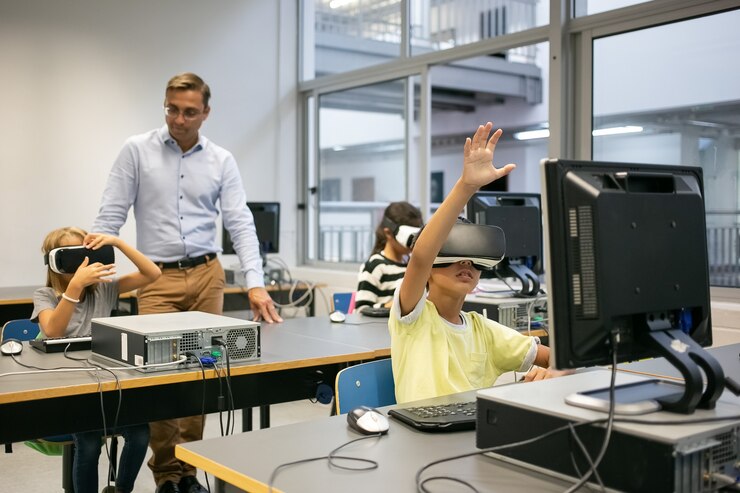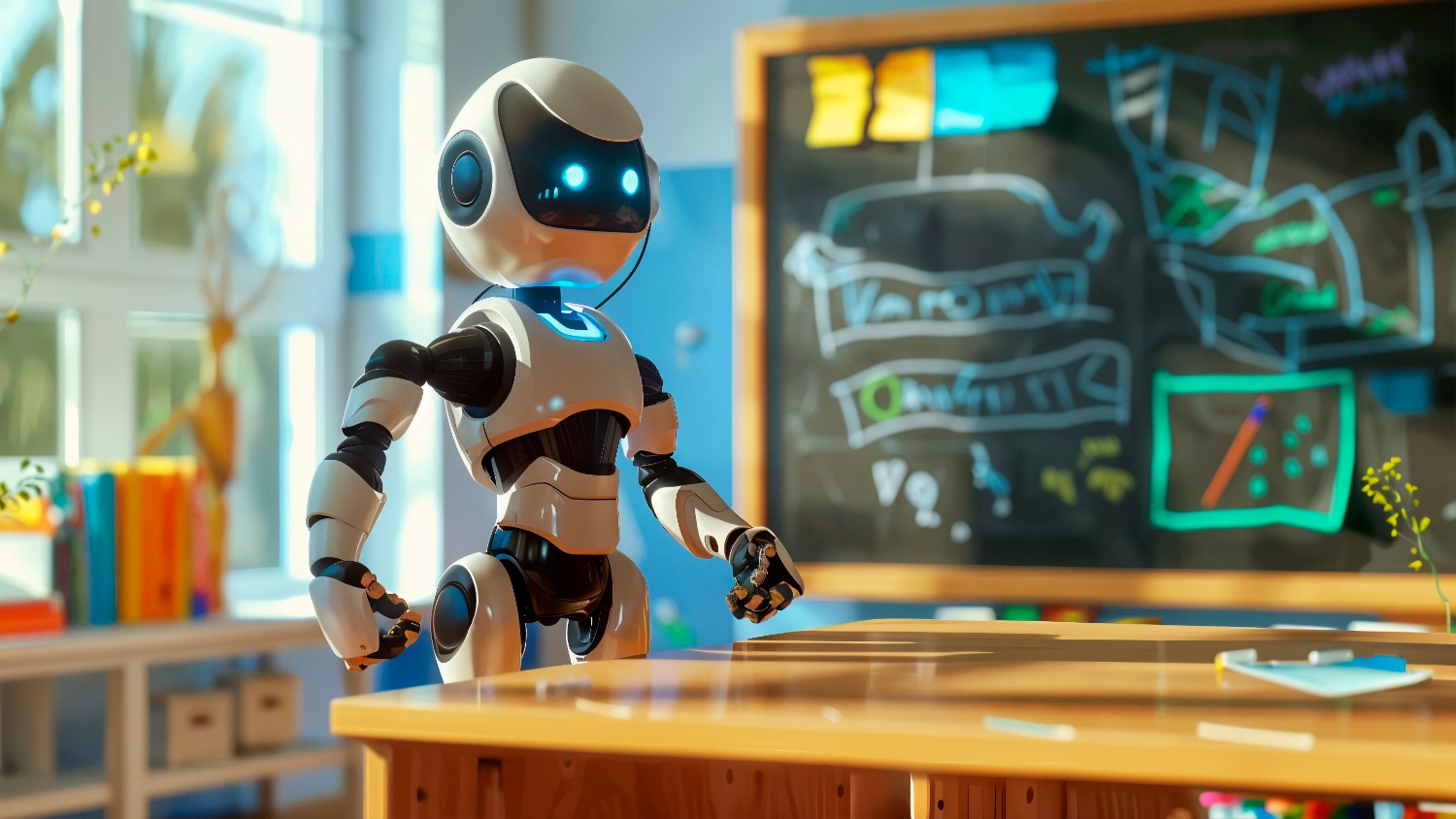Core Concepts
Core concepts in AI include machine learning (where systems learn from data), neural networks (models inspired by the brain’s structure), natural language processing (understanding and generating human language), and computer vision (enabling machines to interpret visual information).
Machine Learning
This AI subfield focuses on enabling systems to learn patterns and make predictions based on data without being explicitly programmed for specific tasks.
Neural Networks
These are computational models inspired by the human brain, consisting of interconnected layers of nodes (neurons) that process information. Neural networks can recognize patterns, make decisions, and improve performance over time through training.


Hands-On Learning
Hands-on learning is an integral part of mastering AI concepts. Students engage in real-world projects, building and testing AI models to apply their knowledge practically. This approach not only reinforces theoretical learning but also enhances problem-solving skills and adaptability. Through direct interaction with AI tools and technologies, students gain valuable insights into the complexities of machine learning, data processing, and algorithm design.
Develop Problem-Solving Skills
Hands-on learning in AI significantly enhances problem-solving skills by challenging students to tackle complex, real-world issues. As they design, build, and refine AI models, students learn to break down problems into smaller, manageable parts. They experiment with different approaches and strategies, analyzing their outcomes to improve performance.
Experience with AI Tools
In AI education, students gain hands-on experience with cutting-edge AI tools and technologies, including machine learning frameworks like TensorFlow, PyTorch, and Scikit-Learn. By working directly with these tools, students learn how to build, train, and optimize AI models effectively.
Model Testing and Optimization
Model testing and optimization are crucial steps in AI development, where students learn to evaluate the performance of their AI models using real-world data. Through testing, students identify areas for improvement and refine their models by adjusting parameters, optimizing algorithms, and reducing errors.
Ethical AI Development
In AI education, students are taught the importance of ethical considerations when developing AI systems. They learn to evaluate the social impact, fairness, and transparency of AI technologies. By incorporating ethical principles into their work, students understand the responsibility they hold in creating AI solutions that are safe, unbiased, and beneficial to society.

Career Opportunities in AI
AI offers a wide range of career opportunities across various industries. Graduates can pursue roles such as AI engineer, data scientist, machine learning developer, and AI researcher. These positions are in high demand across sectors like healthcare, finance, automotive, and entertainment. AI professionals are responsible for designing algorithms, developing intelligent systems, and optimizing machine learning models.

